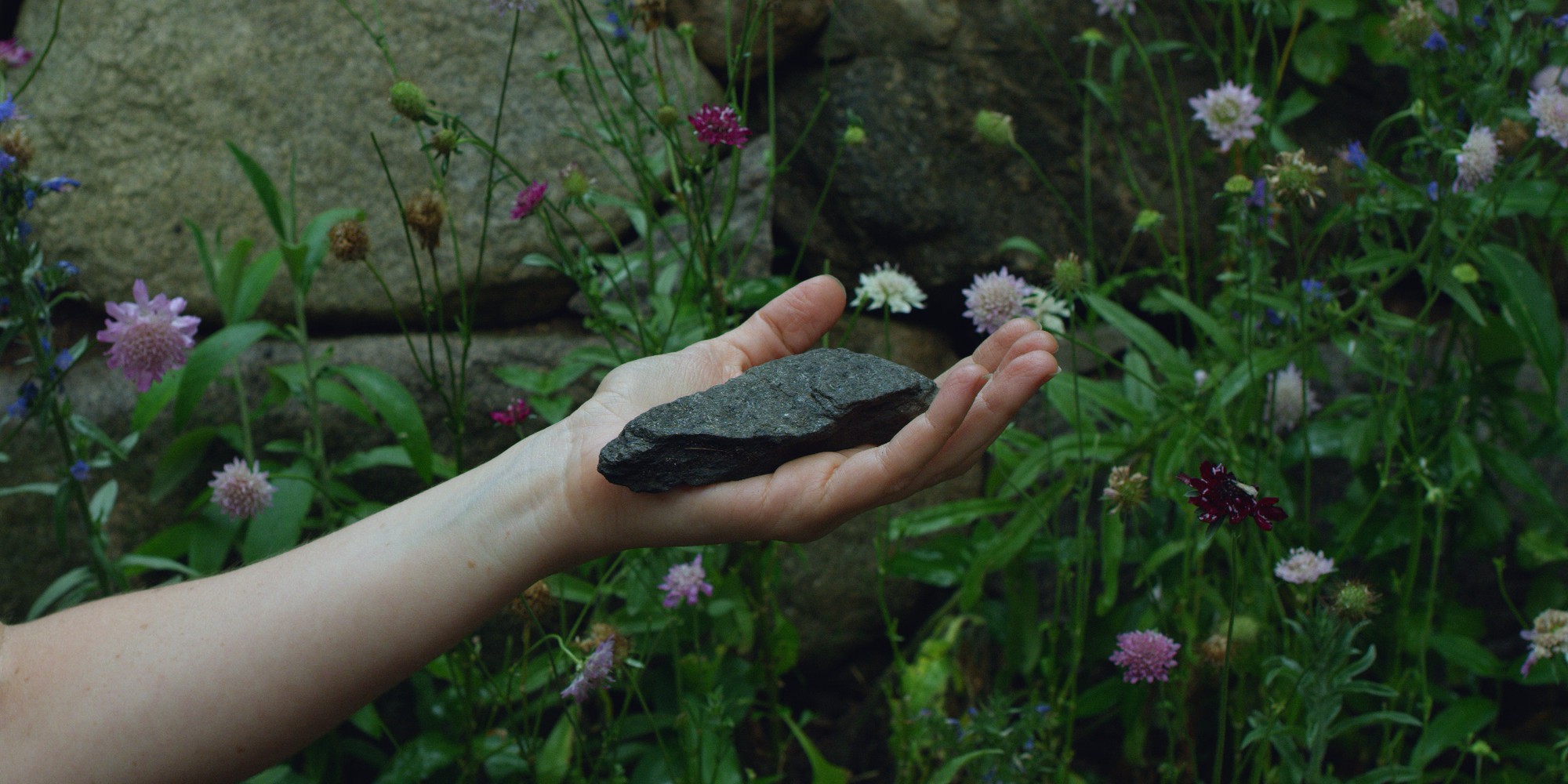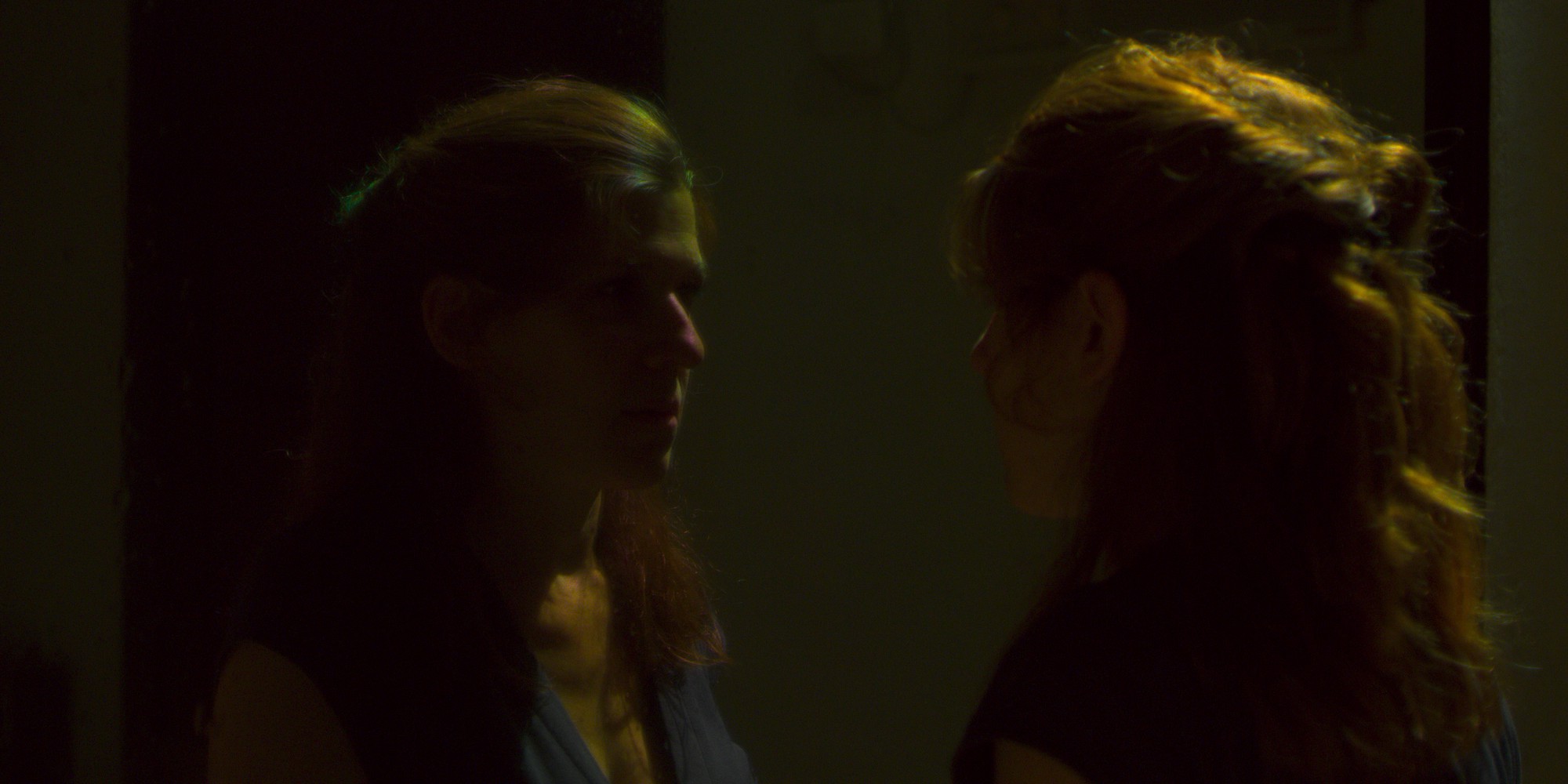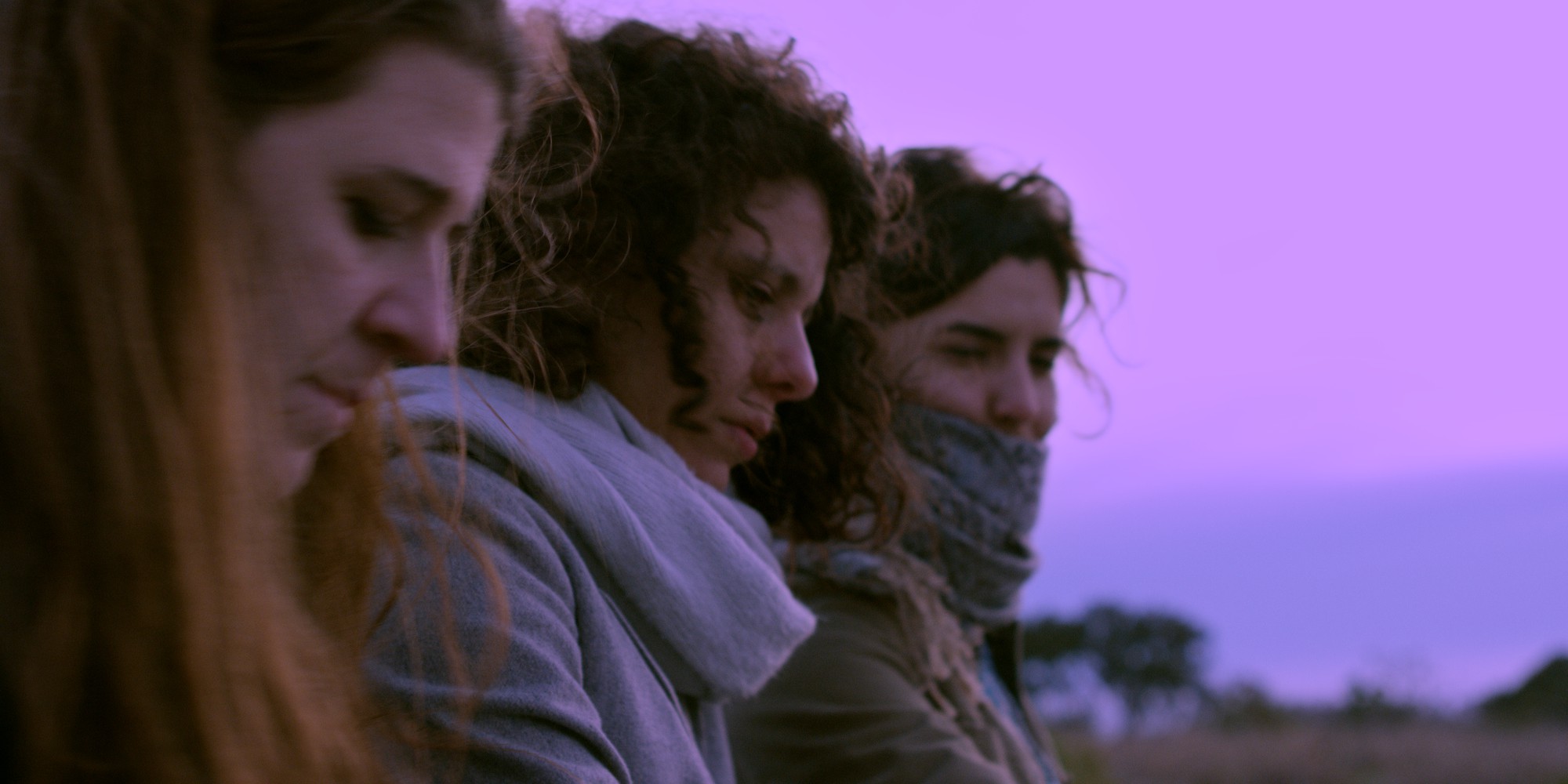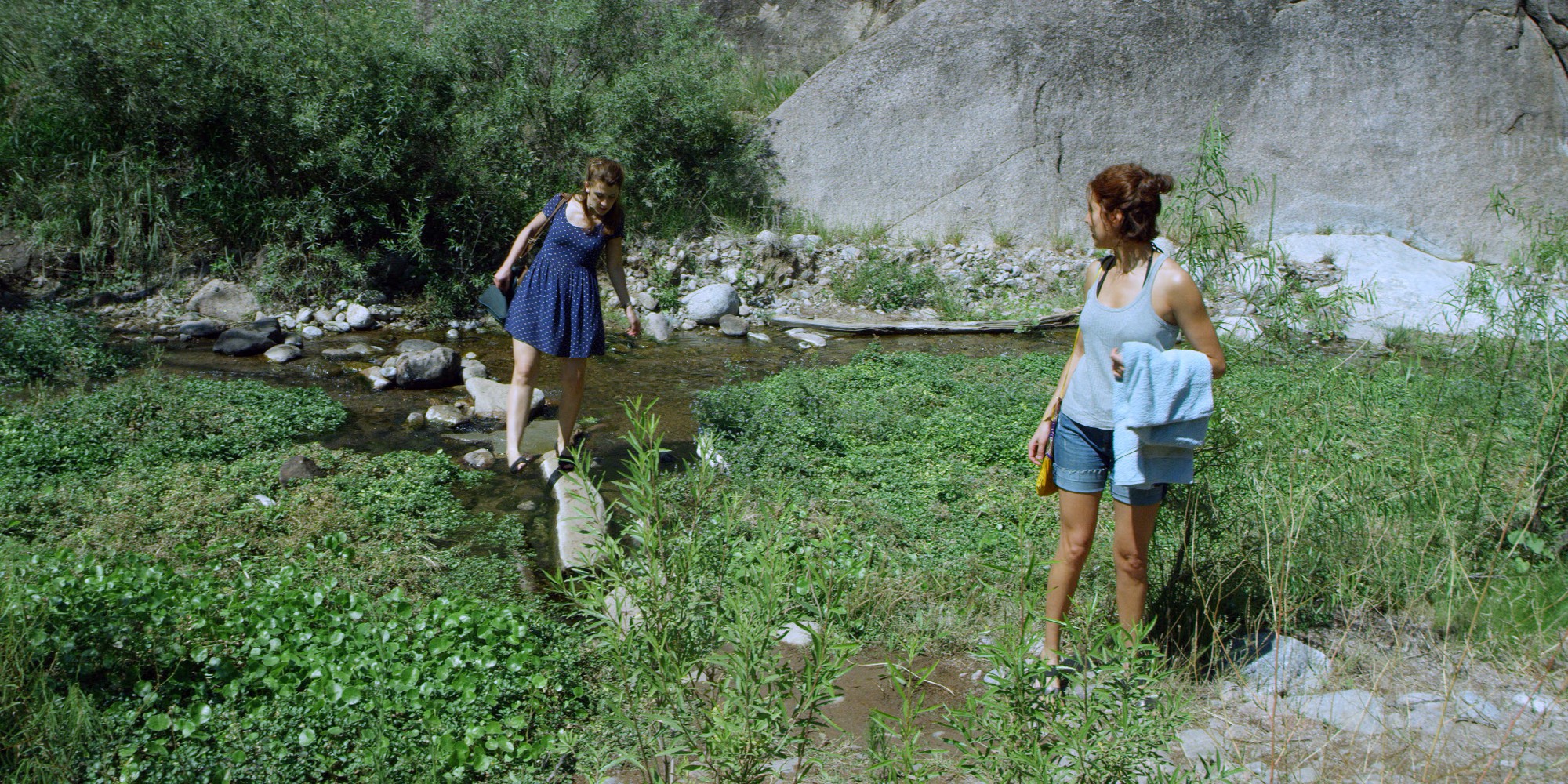Depuis 2010, je réalise une série de films sur les rôles féminins dans les comédies de Shakespeare : Rosalinda (2010), Viola (2012), La Princesse de France (2014), Hermia & Helena (2016) et, aujourd’hui, Isabella (2018-2020).
Ces films ne sont pas des adaptations de pièces. Je m’intéresse davantage aux approches expérimentales de la fiction, dans lesquelles ces textes inspirent des variations propices à de nouveaux récits. Les groupes de femmes dans les comédies de Shakespeare rappellent grandement les actrices avec qui je travaille. En outre, si les tragédies et les pièces historiques prennent le nom de personnages masculins, les comédies (où les femmes jouent un rôle plus actif et pertinent) portent des titres fort différents : Comme il vous plaira, La Nuit des rois, Le Songe d’une nuit d’été, Peines d’amour perdues, Mesure pour mesure. Je donne à mes films des titres inspirés par les personnages féminins forts, intelligents et drôles des comédies de Shakespeare, afin d’ouvrir la voie à une réévaluation de notre approche de ses pièces et des histoires que nous jugeons dignes de raconter.
Isabella se concentre sur le travail que doit fournir une actrice pour obtenir un rôle qui ne cesse de lui échapper. Le film articule sa mise en scène kaléidoscopique autour de l’idée du succès : comment le définir ? Que se passe-t-il si quelqu’un d’autre décide pour vous ce qui fera votre succès ? Quelle image de nous-mêmes nous renvoie l’idée du succès ? Comment la grossesse et l’âge façonnent-ils cette image ?
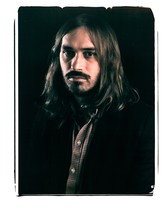
Né en 1982 à Buenos Aires en Argentine, Matías Piñeiro a écrit et réalisé les films À propos de Buenos Aires (2016), L’Homme volé (2007), Ils mentent tous (2009), Rosalinda (2010), Viola (2012), La Princesse de France (2014), Hermia & Helena (2016) et Isabella (2020). Depuis plus de dix ans, il travaille avec la même bande d’acteurs et d’artistes – une véritable famille cinématographique lui permettant de participer, dans la joie et l’unité, à chacun de ses projets. Ses cinq derniers films font partie d’une série sur les rôles féminins dans les comédies de Shakespeare, intitulée The Shakespeareads. De 2000 à 2004, il a étudié à l’Universidad del Cine à Buenos Aires, où il a ensuite enseigné la réalisation et l’histoire du cinéma pendant six ans, avant de partir pour les États-Unis en 2011 afin de bénéficier d’une bourse du Radcliffe Institute de l’Université de Harvard. En 2015, il obtient de l’Université de New York un master en beaux-arts portant sur la création littéraire en espagnol. Il enseigne actuellement la réalisation au Pratt Institut de Brooklyn à New York. Ses films ont été montrés dans des festivals tels que la Berlinale, les festivals de Toronto, New York, Locarno, Rotterdam et Saint-Sébastien, et dans des musées comme le Centre Pompidou (Paris), la Tate Modern (Londres), le musée Reina Sofía (Madrid), le MoMA – Museum of Modern Art (New York), le Museum of the Moving Image (New York) et le MALBA – Museo de Arte Latinoamericano (Buenos Aires).
Production : Le Fresnoy, Studio national des arts contemporains

